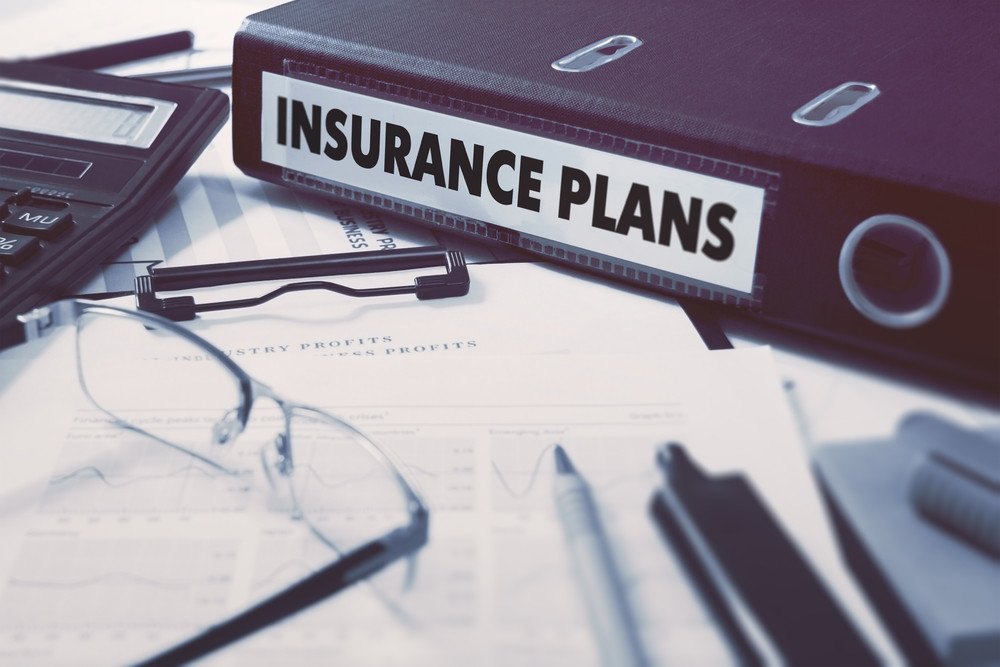Life Insurance: An Important Decision Made After an Awkward Discussion
Many people most often ask me an apparently simple question: “Why do I need life insurance?” Let’s see if I can answer this question without boring you to death. Sorry, bad life insurance joke.
Why do I need life insurance?
Put simply, life insurance is meant to replace the income that you contribute to your family in the event of your death. If you’re dead, you aren’t providing any money to your family’s current or future living expenses, hence, the need for coverage. How would your family survive financially if something were to happen to you tomorrow?
How much life insurance do I need?
It depends on how much you earn, the goals for the family and when you plan to die. Admittedly, the last item is generally hard to know. But, you should start asking yourself these questions, which is not always pleasant because you have to imagine yourself dead:
- What are the financial impacts your loved ones will face when you die?
- If you have kids, how long before they become independent? Are they planning to go to university?
- Does your family have large liabilities such as a mortgage that will still need to be paid if you’re not around?
- What taxes are payable upon your death? (Yes, taxes are owed upon your death!)
- How much will your funeral cost? You may want to consider how grand and lavish a funeral you want to have.
These are only a few considerations – trust me, there’s lots more – but it’s a start.
What is Term Life Insurance? (Hint, it’s kind of like “renting insurance”)
Term life insurance is the most common type of life insurance. You are entering into a time-based contract that in exchange for your fixed monthly payments – called premiums – the insurance company will pay a set amount to your beneficiary if you die while the contract is in place. It’s “term” because the premium amount is for a set period, say 10 or 20 years, and the premiums will never go up for the duration of the term.
If you die while your policy is in force your beneficiary gets a cheque. If you die after the policy expires (most policies expire at 80 or 85 years old), your beneficiary gets nothing; this is one of the disadvantages.
Term insurance is generally the most affordable kind of life insurance, so if you had a “short-term” need that you wanted to protect, for example, 20 year mortgage, you can take advantage of the lower cost of the term insurance.
What is the difference between term life insurance and the “creditor protection insurance” I got from my bank?
Many borrowers may hear of “creditor protection insurance” when they take a mortgage or a large loan from the bank. Consider the following and see if term life insurance is a better option:
Once you are approved for term life insurance by an insurance company and sign the contract, you’re covered. This is because the insurance company considered many factors such as your age and overall health in a process called underwriting. Banks will usually underwrite “post-claim” meaning after death they will determine if you were insurable. If you were “uninsurable” your beneficiary will only receive an emotionally devastating surprise and the return of your premium payments.
With term insurance you choose your coverage amount and it will never decrease. A bank only covers the exact amount of your debt, which decreases as you pay it down, but of course even though your coverage decreases, they don’t decrease the price they are charging you for it!
You own the term insurance policy and it is not tied to a specific debt or obligation. If you find a better mortgage rate at a different bank, your term life insurance can cover that debt without any need to reapply for coverage. “Creditor protection insurance” is held by the bank and you cannot take it with you if you start a new mortgage at a different bank, for example.
Ok I understand term insurance, so what is permanent life insurance? Hint, it’s like owning rather than renting
Unlike term insurance, permanent insurance is meant to cover you for your entire life; hence, it’s “permanent”. There are two payment options. First, you can pay for the rest of your life (until age 100). This is the cheaper option, but I know what you’re thinking…. for the rest of my life??? That sounds like a long time. The second option is “paid up permanent insurance”. Like term insurance, there is also a first payment date and a last payment date, but unlike term insurance on the last payment date the policy is said to be “paid up.”
Paid up permanent insurance means that you paid your premiums for a defined period, 10 or 20 years for example, and you are now covered until you die without having to pay another nickel!
So which is better, term insurance or permanent?
Off the top, permanent insurance seems like the better deal. Let’s put it this way, it’s a more robust product and because of this the price is higher. But they both have their value depending on your need. Many people consider purchasing a blend of the two.
Workplace Insurance: What more do I need?
The one thing to know about workplace life insurance is that it has an expiry date: the day you stop working for this employer. So, the most important factor to consider is, how long do you want your coverage to last? If you retire at age 65 your workplace life insurance plan ceases. Consider viewing your workplace insurance as “term insurance” and perhaps supplement it with permanent coverage.
I hope I answered your question of why you may need life insurance. As you can see, life insurance can play a significant role in the financial security of your family. It has evolved over the years and there are many features that make it valuable to you – the insured – as well as your beneficiary. Discussing insurance with a licensed life insurance advisor may not be the liveliest conversation you’ll ever have, but it will certainly be one of the most responsible.
Orlando Ali
Director, Sales and Business Development
Life and Health Insurance Advisor
Desjardins Financial Security Independent Network
oali@dfsin.ca
416-695-1433 ext. 232
155 Rexdale Blvd., Suite 406
Etobicoke ON, M9W 5Z8
Table of Content



